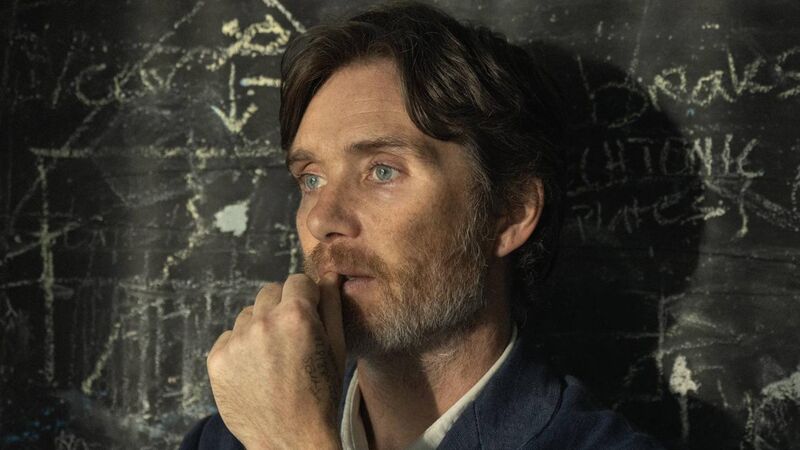Course supported by Cillian Murphy to teach young people empathy

Cillian Murphy is a patron of the Unesco Child and Family Research Centre at University of Galway and a supporter of the empathy education initiatives. Picture: Robert Viglasky/Neflix
Transition Year students are to be offered empathy education classes as part of a programme backed by Oscar-winning actor Cillian Murphy.
The Transition Year module, developed at University of Galway, is intended to be a practical classroom resource, featuring interactive lessons and real-world scenarios intended to strengthen students’ empathy skills and social understanding.













